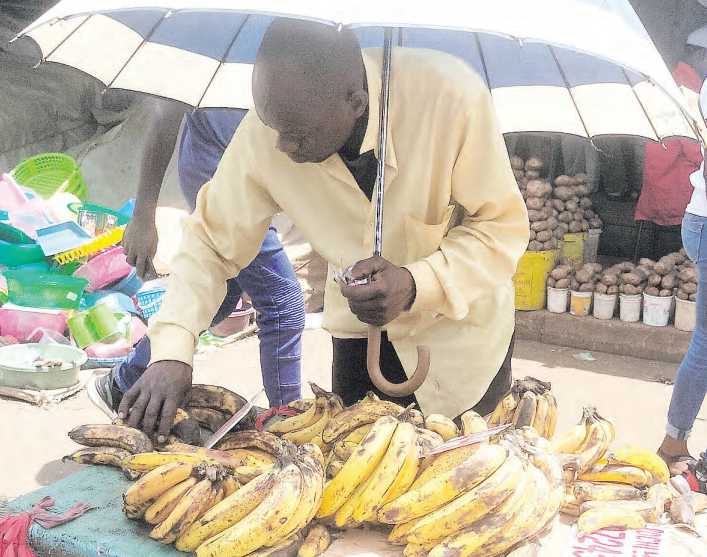

The Finance Bill, 2025 (now an Act) has led to a sharp rise in the cost of basic goods and services for most Kenyan households, according to a new survey by research firm Tifa.
The survey findings reveal that nearly two-thirds of households, or 65 per cent, report being directly affected by the new tax measures introduced for the 2025/26 financial year.
These measures, which the government has defended as necessary to raise revenue, include a 25 per cent excise duty on raw and refined vegetable oils, alongside increases in fuel levies that have trickled down to food and transport costs.
The impact appears widespread. Eighty-two per cent of respondents said they have experienced higher prices on essential commodities and services, ranging from food items to transport fares and utility bills such as electricity and water.
Many households say they have had to make significant adjustments to cope with the new financial burden.
Beyond rising consumer prices, the Act is also being felt in earnings.
Thirty-one per cent of households surveyed reported a decline in income or salaries due to heightened tax obligations.
Another 21 per cent said they have been forced to scale back on disposable spending and savings.
Small businesses, too, appear to be struggling under the weight of higher costs, with 19 per cent of respondents indicating they are finding it increasingly difficult to sustain operations.
The ripple effects extend to future planning. Twelve per cent of households said they have had to put projects on hold or cancel them altogether, with examples ranging from postponing education and travel plans to shelving investments.
However, not all the feedback was negative. Sixteen per cent of respondents expressed optimism, saying the Act has given the government the ability to mobilise sufficient revenue to improve public services such as healthcare, education and security.
The survey, conducted between August 23 and September 3, 2025, was nationally representative and covered nine regions: Central Rift, Coast, Lower Eastern, Mt Kenya, Nairobi, Northern, Nyanza, South Rift and Western.
Data was gathered through face-to-face interviews conducted mainly in Kiswahili, with some in English.
A total of 2,023 respondents took part in the poll, which carries a margin of error of plus or minus 2.17 per cent.












